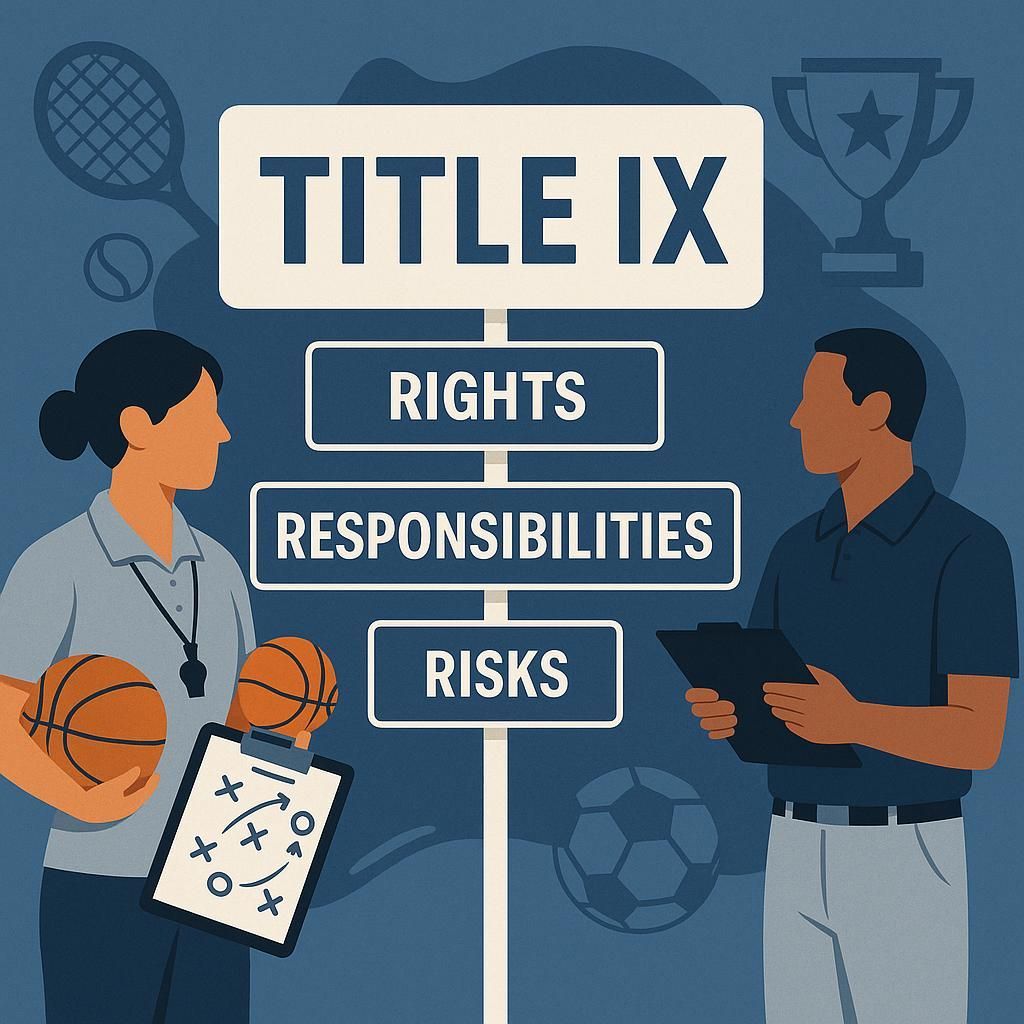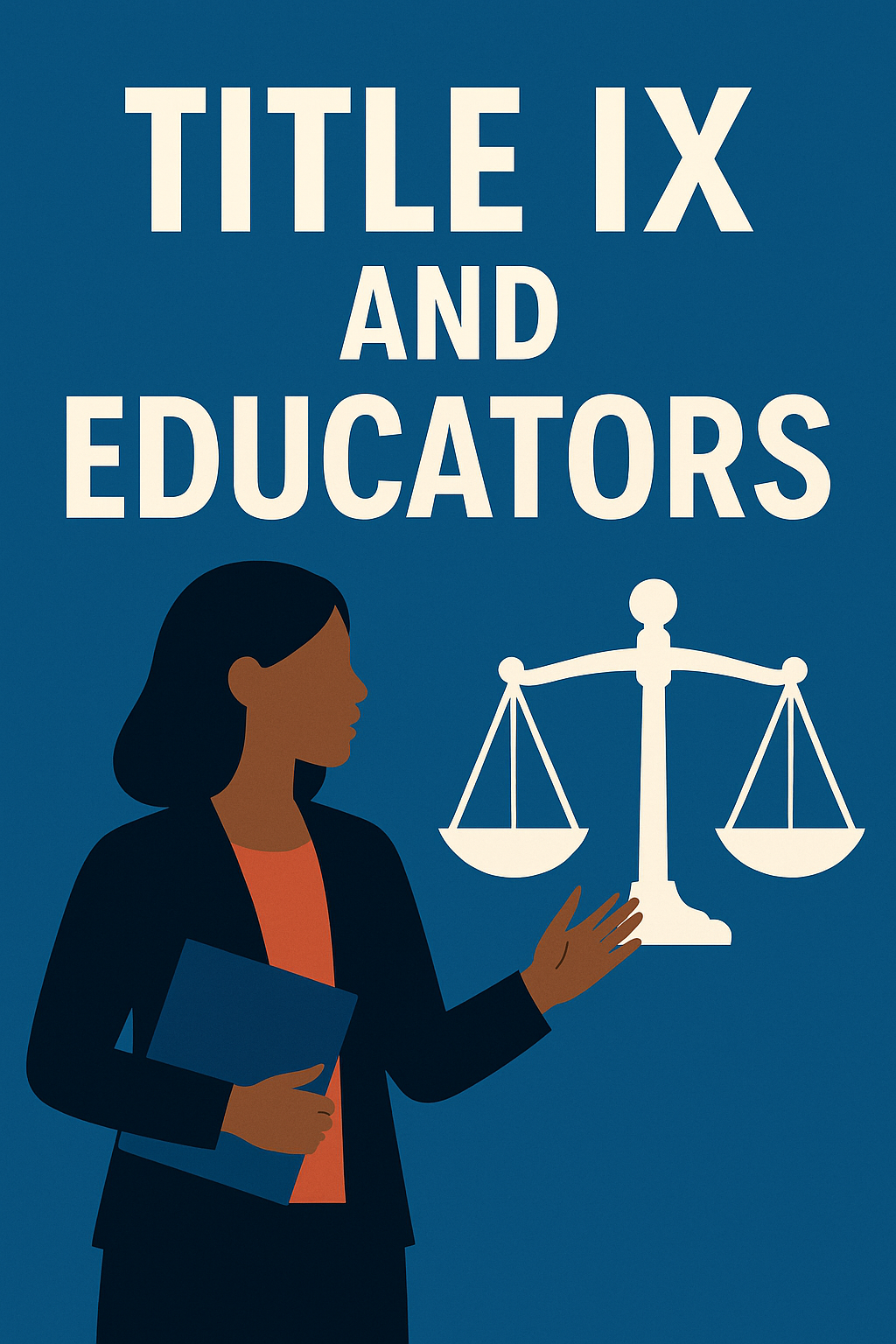The TEA Case Explained: Legal Challenges and Lessons for School Administrators
In recent years, the landscape of education law in Texas has undergone significant changes, bringing new challenges and opportunities to the forefront for school administrators. The Texas Education Agency (TEA) has been at the center of several pivotal legal cases, shaping the state's approach to education. This article delves into the complexities of these legal challenges, offering insights and lessons for educators across the Lone Star State.
Understanding Texas Education Laws
The Evolution of Education Laws in Texas
Texas education laws, including recent updates and comprehensive compulsory education mandates, form the cornerstone of the state's educational policies, impacting millions of students, educators, and school districts. These laws, from the Texas Education Agency and legislative boards, ensure children attend school from ages six to 18, with detailed regulations extending to bilingual education, special education eligibility, and school safety. New laws and rules continuously evolve, reflecting the state's commitment to providing a structured, equitable, and safe educational environment.
Key Areas of Focus:
- Texas Special Education Laws: These laws ensure that students with disabilities receive appropriate educational services.
- Texas Law Related to Education: This encompasses a broad spectrum of laws, including those related to school safety, academic standards, and teacher qualifications.
- Bilingual Education: Texas state law mandates support for students requiring bilingual education, recognizing the state's diverse population.
- Home School Education: Texas law on home school education allows parents to educate their children at home, provided certain conditions are met.
The TEA's Role in Upholding Education Laws
The TEA oversees the implementation and enforcement of education laws within Texas, ensuring that school districts comply with state and federal standards. This includes monitoring special education services, bilingual programs, and the legalities surrounding home school education.
The TEA Case: Legal Challenges and Implications
The TEA case highlighted several legal challenges related to education law in Texas, particularly concerning special education eligibility and services. The case brought to light the complexities of ensuring that all students, regardless of their abilities, have access to quality education.
New Paragraph
Implications for School Administrators:
- Increased Scrutiny: The case has led to more rigorous oversight of special education programs by the TEA.
- Policy Revisions: School districts may need to revise their policies to ensure they meet updated state and federal guidelines for special education.
- Professional Development: Administrators and educators may require additional training to understand and implement these changes effectively.
Lessons Learned from the TEA Case
The TEA case offers several important lessons for school administrators, emphasizing the need for proactive and informed leadership in the face of legal challenges.
Proactive Compliance:
- Stay Informed: Regularly review updates to education laws and TEA guidelines.
- Engage with Legal Experts: Consider consulting with an education law firm in Texas to navigate complex legal issues.
- Implement Best Practices: Develop and enforce policies that go beyond minimum legal requirements to promote inclusivity and high educational standards.
Fostering an Inclusive Educational Environment:
- Special Education Services: Ensure that special education services are accessible and meet the diverse needs of students.
- Bilingual Education: Support bilingual and ESL programs to cater to the linguistic diversity of the student population.
- Home School Collaboration: Recognize and respect the legal rights of parents who choose home schooling, providing resources and support as needed.
Navigating Future Challenges
As education laws in Texas continue to evolve, school administrators must remain vigilant and adaptable. The lessons from the TEA case underscore the importance of legal awareness and proactive management in navigating the complex landscape of Texas education law. It's essential for schools, including public and high schools, to stay informed about state and federal standards, requirements, and exceptions that affect their operations and educational plans. Teachers, parents, students, and school districts alike must work together, leveraging the support and guidance of specialized education attorneys, to ensure that every child receives the high-quality education they deserve.
Moving Forward:
- Collaboration with Legal Experts: Building strong relationships with education law experts can provide valuable guidance and clarity.
- Focus on Student Rights: Prioritize the rights and needs of students in all decisions, ensuring that every child has the opportunity to succeed.
- Invest in Training: Invest in ongoing professional development for staff to stay current with legal and educational best practices.
Conclusion
The TEA case has been a catalyst for change in Texas education laws, presenting both challenges and opportunities for school administrators. By understanding the legal landscape, engaging with experts, and focusing on the needs of students, administrators can navigate these challenges successfully. The future of education in Texas depends on the commitment of its educators to provide a safe, inclusive, and high-quality learning environment for all students.
Frequently Asked Questions (FAQs)
How have new laws and rules impacted school safety in Texas?
Recent legislation, such as House Bill 1605, has focused on enhancing school safety through measures like the installation of silent panic alerts in classrooms and increasing the number of armed security officers per campus. These efforts aim to improve emergency responses and protect students and staff.
What does eligibility for special education services entail in Texas?
Eligibility for special education services in Texas is determined based on a student's specific learning needs and disabilities. The Texas Education Agency (TEA) provides guidelines and support to ensure that eligible students receive the necessary accommodations and services.
Can you explain the role of the Texas Education Agency?
The TEA governs public education in Texas, overseeing policy enforcement, academic standards, and school district performance. It plays a crucial role in implementing education laws and ensuring that schools comply with both state and federal regulations.
What are the requirements for bilingual education in Texas?
Texas law mandates that school districts offer bilingual education programs in elementary grades where there is a significant number of students with limited English proficiency. The goal is to improve academic achievement by providing instruction in both the student's native language and English.
How do new laws address the academic requirements and achievements of students?
New laws, including those related to the "No Child Left Behind Act" and others passed by the Texas legislature, aim to raise academic standards and achievement. They often include provisions for additional instructional materials, stricter curriculum requirements, and measures to improve student performance in core subjects like mathematics.
How do school boards and the legislature influence education in Texas?
School boards and the Texas Legislature play critical roles in shaping education policies, approving budgets, and enacting laws that affect everything from curriculum standards to teacher qualifications and school safety measures.
What are the legal requirements for homeschooling in Texas?
Texas law allows parents to homeschool their children as an alternative to public or private schooling. Homeschools must provide a written curriculum covering basic educational goals in reading, spelling, grammar, mathematics, and a study of good citizenship.
Contact Us
Ready to navigate the complexities of education law with confidence? Choose Masterly Legal Solution for unmatched expertise and personalized guidance. Our team, led by the knowledgeable Andrew Rhoden, is here to support your educational institution's legal needs with precision and care. Don't let legal challenges hold you back. Contact Andrew Rhoden today and take the first step towards securing a brighter future for your school. Reach out now for a consultation and experience the difference with Masterly Legal Solution

Looking for Legal & Business Solutions? Contact Us Now
Fill in the form or call us to set up a meeting













